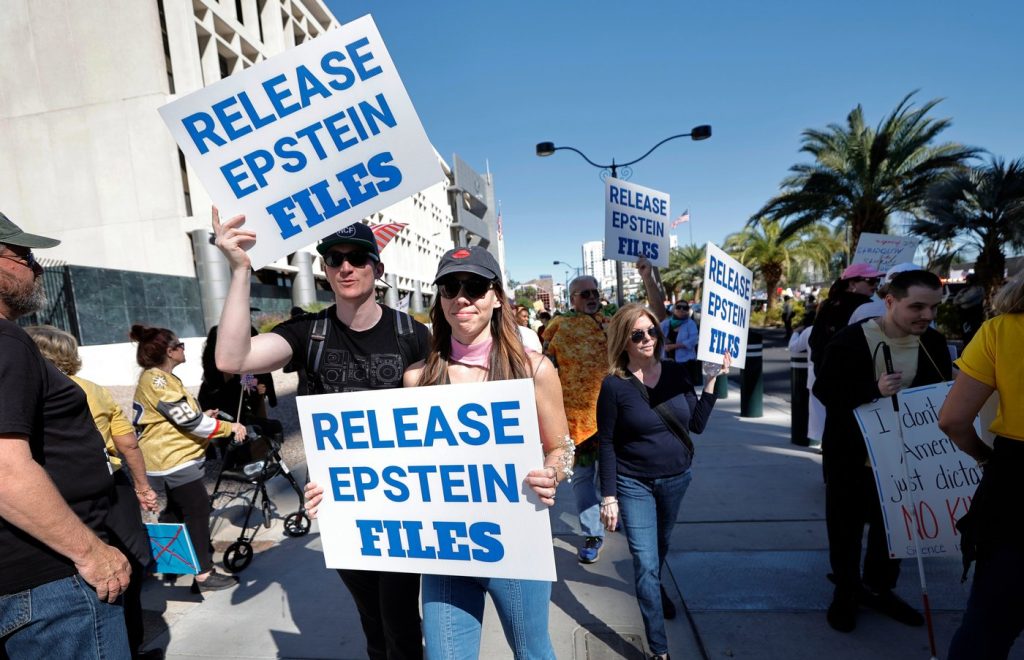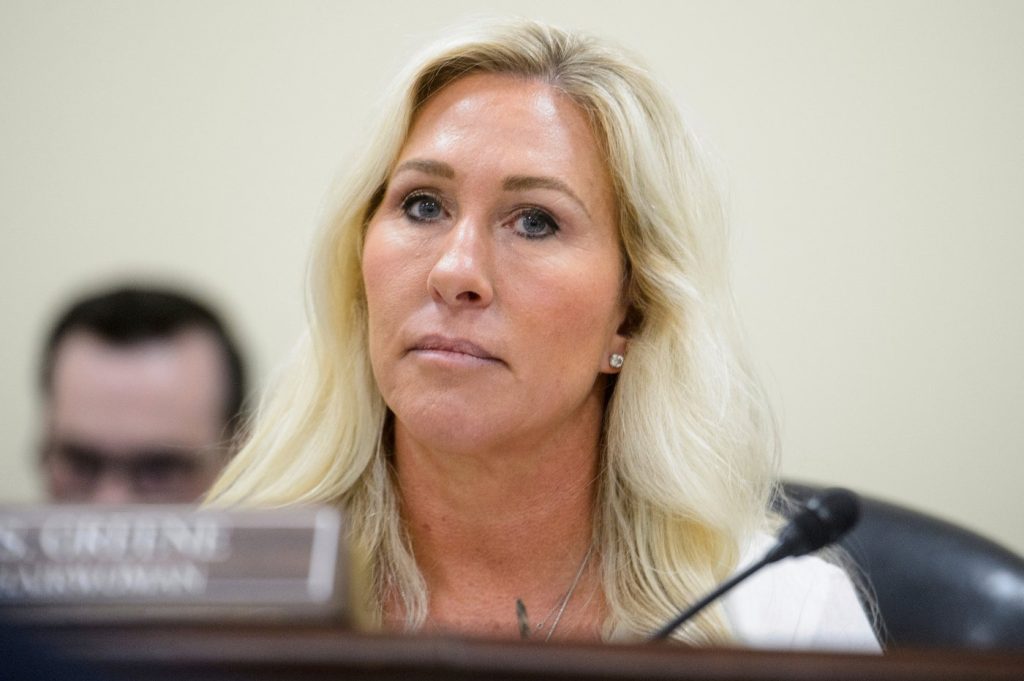WASHINGTON (AP) – The House of Representatives is on track to vote next week on a bill aimed at releasing files related to the sex trafficking investigation involving Jeffrey Epstein. This development comes after months of resistance from Republican leaders. The movement toward a vote gained momentum following a petition that secured the necessary 218 signatures, effectively compelling consideration of the legislation. This bill comes at a time when new documents are surfacing, raising fresh questions about Epstein and his connections to various powerful individuals, including notable figures like President Donald Trump and former President Bill Clinton.
Speculation about Epstein's operations, his death, and his associations with influential people has persisted for years. Epsteins' email from 2019, which alleged that Trump "knew about the girls," has intensified the scrutiny of these connections. In response, the White House accused Democrats of selectively leaking emails to tarnish Trump's reputation.
Why is the House about to vote?
The push for a vote started in July when Reps. Ro Khanna (D-Calif.) and Thomas Massie (R-Ky.) introduced the Epstein Files Transparency Act. This petition has garnered full support from House Democrats, alongside four Republicans, including Massie, Lauren Boebert of Colorado, Marjorie Taylor Greene of Georgia, and Nancy Mace of South Carolina. A key moment occurred when Democrat Adelita Grijalva of Arizona, shortly after her swearing-in on Wednesday, signed the petition, achieving the essential threshold of 218 signatures in the 435-member House.
Speaker Mike Johnson (R-La.) announced that he would expedite the process to bring the bill to a vote early next week. He addressed criticisms regarding potential obstructionism, claiming that concerns over the language of the measure were focused on adequately protecting victims. Johnson also noted that the House Oversight and Government Reform Committee has been conducting its investigation into Epstein, resulting in thousands of released documents, including over 20,000 on Wednesday alone.
What does the bill do?
The bill mandates the Justice Department to release all communications and files relevant to Epstein, including details about the investigation into his death while in federal custody. However, redactions would be permitted for any information pertaining to Epstein’s victims or ongoing federal investigations. Notably, the department would be prohibited from withholding information based on "embarrassment, reputational damage, or political sensitivity" concerning any government official or public figure.
Is it going to pass?
Johnson had previously referred to the petition as a "moot point," but he indicated a commitment to present the measure for a floor vote next week. If all who signed the petition vote in favor, the bill should pass. Additionally, the bill is likely to attract further Republican support, potentially including dozens more votes as it advances. For instance, Rep. Don Bacon (R-Neb.) has stated his intention to back the measure despite not signing the petition.
The ultimate challenge will occur in the Senate, where Republicans hold a 53-47 majority. A successful final passage would require at least 60 votes. When asked if the Senate would take up the bill if approved by the House, Majority Leader John Thune (R-S.D.) declined to comment, noting that the Justice Department has already released a substantial amount of related files.
Can Trump stop it?
If the measure reaches the Senate and passes, it would ultimately be sent to Trump, who is expected to veto it. Trump has consistently opposed the discharge petition, even contacting two Republican signatories on Wednesday to express his concerns. He criticized the Democrats for what he called a "Jeffrey Epstein Hoax," suggesting this is a diversion from other pressing issues they face, such as the government shutdown.
To veto the bill, a two-thirds majority vote in both chambers would be necessary to override. Such overrides have occurred just twice since 2009. Massie has urged Trump to release all files related to Epstein to circumvent the political struggle, suggesting that it could position him as a "hero."












